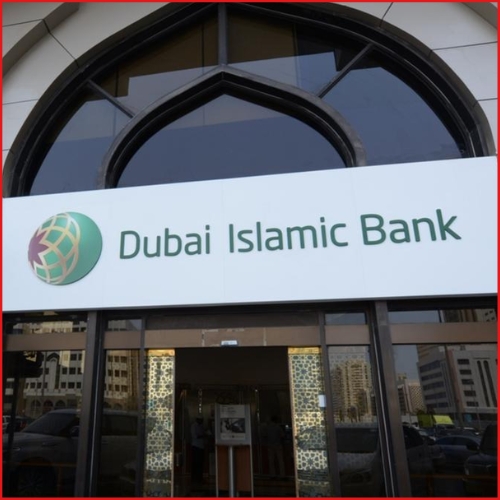Mastercard is a payment system operator, operating a card network in the country under the Payment and Settlement Systems Act. Along with Mastercard, Visa and RuPay are the three big card networks in the country. According to industry estimates, Visa is the largest player in the space followed by Mastercard and RuPay.
The Reserve Bank of India (RBI) on Thursday lifted restrictions on global card network Mastercard and allowed it to onboard customers after it demonstrated “satisfactory compliance”.
The move will benefit lenders, such as YES Bank and RBL Bank, which were solely issuing Mastercard cards before the ban. Citi also partnered only with Mastercard for its credit cards before the ban.
RBI had restricted Mastercard from onboarding customers from July last year, citing failure to comply with its data localization norms. Two other large corporations, Diners Club and American Express, were also asked to stop issuing new cards in 2021. RBI subsequently allowed Diners Club to resume issuing cards. However, it did not lift the ban on American Express.
Mastercard is a payment system operator, operating a card network in the country under the Payment and Settlement Systems Act. Along with Mastercard, Visa and RuPay are the three big card networks in the country. According to industry estimates, Visa is the largest player in the space followed by Mastercard and RuPay. But, RuPay is fast catching up with its global peers as public sector banks in India are issuing more RuPay cards.
While there is no official data on the market share of these card networks in India, industry estimates suggest Visa has around 44 per cent market share, followed by Mastercard with 36 per cent, and Rupay with 20 per cent.
At the centre of these restrictions is a regulation from April 2018 that mandated all payments data from India to be stored in the country. This initially did not sit well with many companies, but most eventually complied. These guidelines are applicable to all payment system providers authorized by RBI to set up and operate a payment system in India under the Payment and Settlement Systems Act, 2007.
“In view of the satisfactory compliance demonstrated by Mastercard Asia / Pacific Pte. Ltd. with the Reserve Bank of India circular dated 6 April 2018 on storage of payment system data, the restrictions imposed vide order dated 14 July 2021, on onboarding of new domestic customers have been lifted with immediate effect,” the RBI said.
Data to be stored exclusively in India include complete end-to-end transaction details and information collected, carried, and processed as part of the message or payment instruction.
According to a PTI report on 30 July last year, Mastercard had submitted an audit report to the regulator showing compliance with the local data storage norms. “When RBI required us to provide additional clarifications about our data localization framework in April 2021, we retained government-empanelled Deloitte to perform a supplemental audit to help demonstrate our compliance,” it had said.
Mastercard, said in a statement, welcomed the decision. “As we have in our engagement with the RBI, we reaffirm our commitment to support the digital needs of India, its people and its businesses. We are glad we have met this milestone and will continue to ensure ongoing delivery against the goals and regulatory requirements that have been established” it said.
“India is an important market for us, both in terms of the innovation created here and the value we deliver to our customers and partners,” it added.
Also read-:















